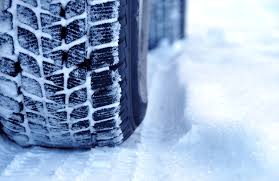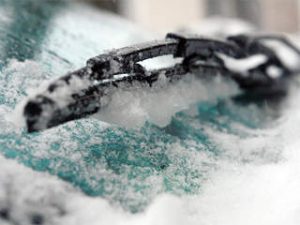Winter can be a problem for many types of equipment you use on a daily basis. Low temperatures and snowy weather both bring their own dangers when it comes to your well-being or the reliability of motorized equipment. Taking steps ahead of time can prevent problems down the road. Whether it is heavy machinery or the vehicle you use to get back and forth to the office, a few simple steps can be taken to help prevent time consuming and expensive delays.
- Make sure the tread on your tires is sufficient for driving in the snow. Allowing any less than 6/32 of an inch is not recommended by most tire manufacturers for winter driving. Also, be aware of falling air pressure as temperature drops and maintain proper inflation.
- Have you ever noticed that starting your car during the winter is a struggle? That’s because your engine oil has a higher density when it’s cold. Having your oil changed before the start of the cold season can lessen the effort and time it takes to start your car during this time.
- Antifreeze in your car or machinery should be topped off before freezing weather sets in. If at any point during the warmer summer water was added to replenish a depleted system, you run the risk of causing damage. An improper mixture could freeze resulting in expansion damage to hoses, seals or the main motor block itself. If water was added as a temporary fix, the system should be drained and refilled with the antifreeze that is called for.
- Cold weather will directly affect the function of a battery that is approaching the end of its life or that has not been properly been taken care of. Clean all terminals and connections that could cause a bad current path. If your battery is three to four years old, it might be time to think about a replacement before the temperature drops to below freezing. Some batteries require fluid to cover t
 he cells within them. If the cells have run dry for an extended period of time, permanent damage has most likely already occurred.
he cells within them. If the cells have run dry for an extended period of time, permanent damage has most likely already occurred. - Don’t overlook the issue of safety when it comes to visibility. Replace any wiper that has a tear or has begun to dry rot. Washer fluid should be topped off and monitored closely. Salt and debris on the roadway will cause you to use much more in wintry weather. Once again make sure it is wiper fluid and not water in the reservoir so that freezing does not take place.
Contributed by:
Eric Dahlinghaus
Calibrations Lab Technician